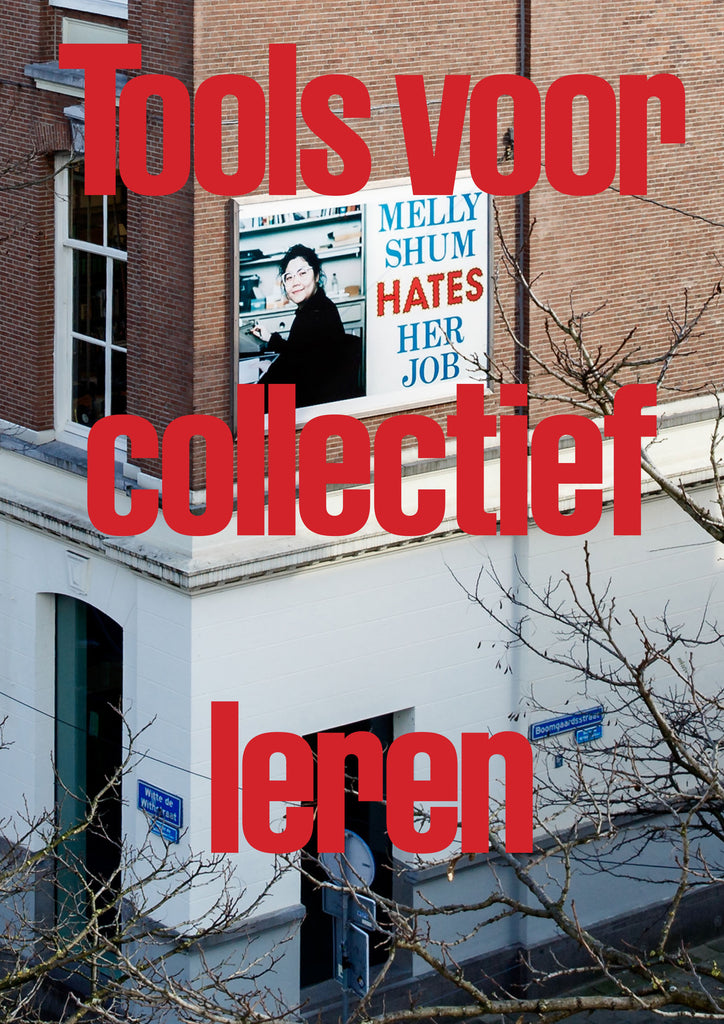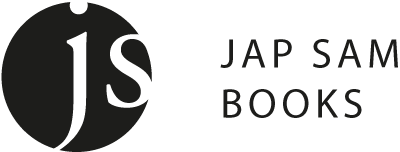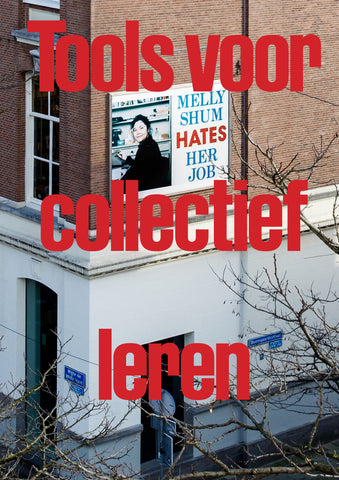Your cart is currently empty!
Tools voor collectief leren
+++Het initiatief tot naamsverandering van Kunstinstituut Melly, voorheen bekend als Witte de With Centrum voor Hedendaagse Kunst+++
+++Sofía Hernández Chong Cuy, with Rosa de Graaf, Jessy Koeiman, Jeroen Lavèn, and Vivian Ziherl [eds.]+++
YOU ARE VIEWING THE DUTCH EDITION
GO TO ENGLISH EDITION
+++
| Published in a Dutch and English edition
On January 27, 2021, the institution formerly known as Witte de With Center for Contemporary Art in Rotterdam was renamed Kunstinstituut Melly. The renaming was and is informed by local debates and international discussions; it is mobilized by ambitions that relate to social transformation, and by the felt responsibility in visualizing these changes, since the role as a contemporary art institution is presenting and discerning the present. This book is about the arrival at such criteria and ideas, as much as it is about the intricacies involved in our institution’s name change. As suggested by the book’s title, Tools for Collective Learning, the aim for this publication is to be more of a toolbox than a document. It is made with the conviction that all vital change happens through collective learning; that recording oral histories and discursively articulating embedded experiences can further this cause. The name Melly was inspired by Melly Shum Hates Her Job, an artwork by Ken Lum. This artwork takes the form of a billboard, and it has been displayed on the institution’s façade since 1990.
‘The name change was premised on the criteria that the former name impinged upon a pursuit of social inclusivity, which is vital to the relevance and contribution of cultural practice in general.’
Het initiatief tot naamsverandering van Kunstinstituut Melly, voorheen bekend als Witte de With Centrum voor Hedendaagse Kunst
€19.50
Tools voor collectief leren
Het initiatief tot naamsverandering van Kunstinstituut Melly, voorheen bekend als Witte de With Centrum voor Hedendaagse Kunst
€19.50
YOU ARE VIEWING THE DUTCH EDITION
GO TO ENGLISH EDITION
| Published in a Dutch and English edition
On January 27, 2021, the institution formerly known as Witte de With Center for Contemporary Art in Rotterdam was renamed Kunstinstituut Melly. The renaming was and is informed by local debates and international discussions; it is mobilized by ambitions that relate to social transformation, and by the felt responsibility in visualizing these changes, since the role as a contemporary art institution is presenting and discerning the present. This book is about the arrival at such criteria and ideas, as much as it is about the intricacies involved in our institution’s name change. As suggested by the book’s title, Tools for Collective Learning, the aim for this publication is to be more of a toolbox than a document. It is made with the conviction that all vital change happens through collective learning; that recording oral histories and discursively articulating embedded experiences can further this cause. The name Melly was inspired by Melly Shum Hates Her Job, an artwork by Ken Lum. This artwork takes the form of a billboard, and it has been displayed on the institution’s façade since 1990.
‘The name change was premised on the criteria that the former name impinged upon a pursuit of social inclusivity, which is vital to the relevance and contribution of cultural practice in general.’



